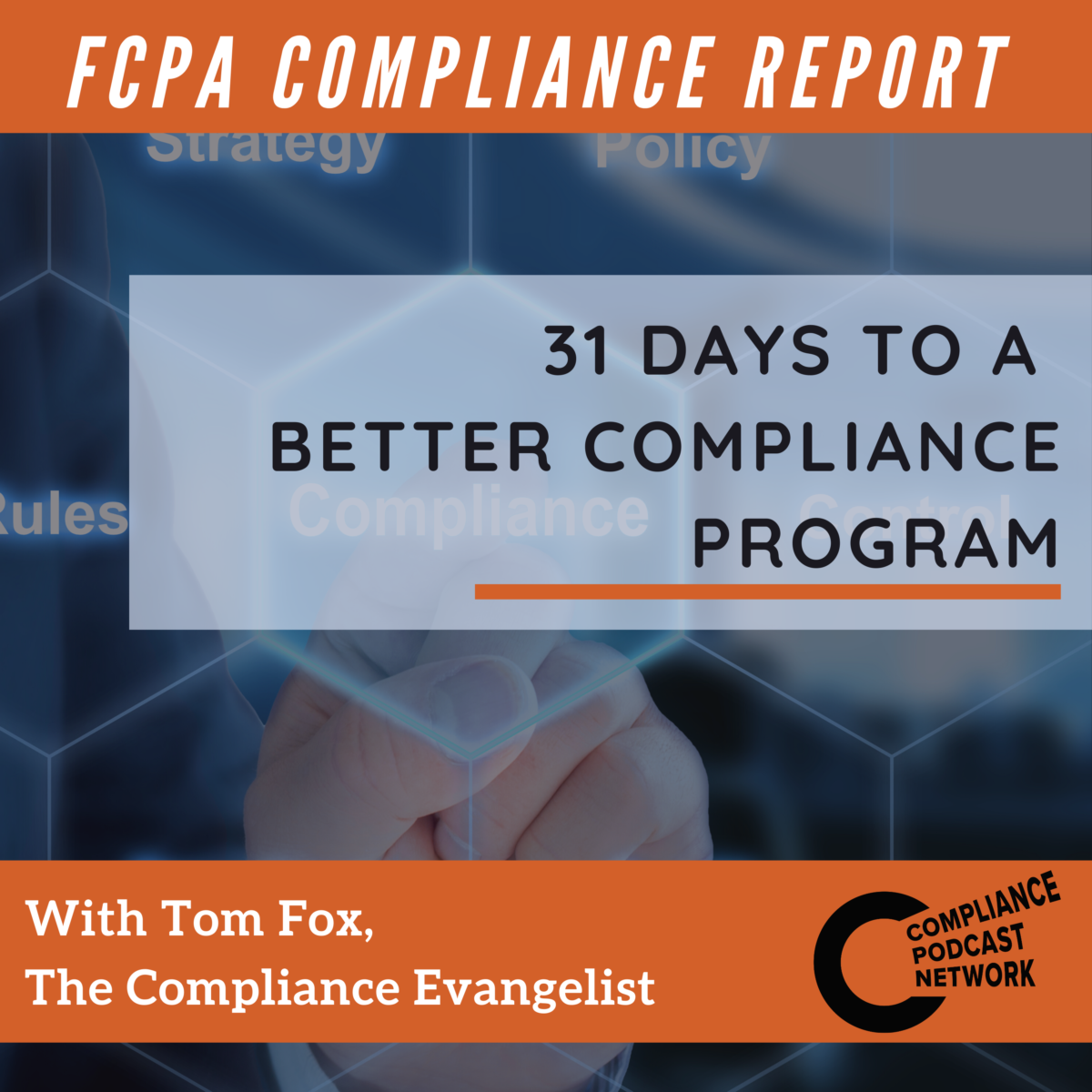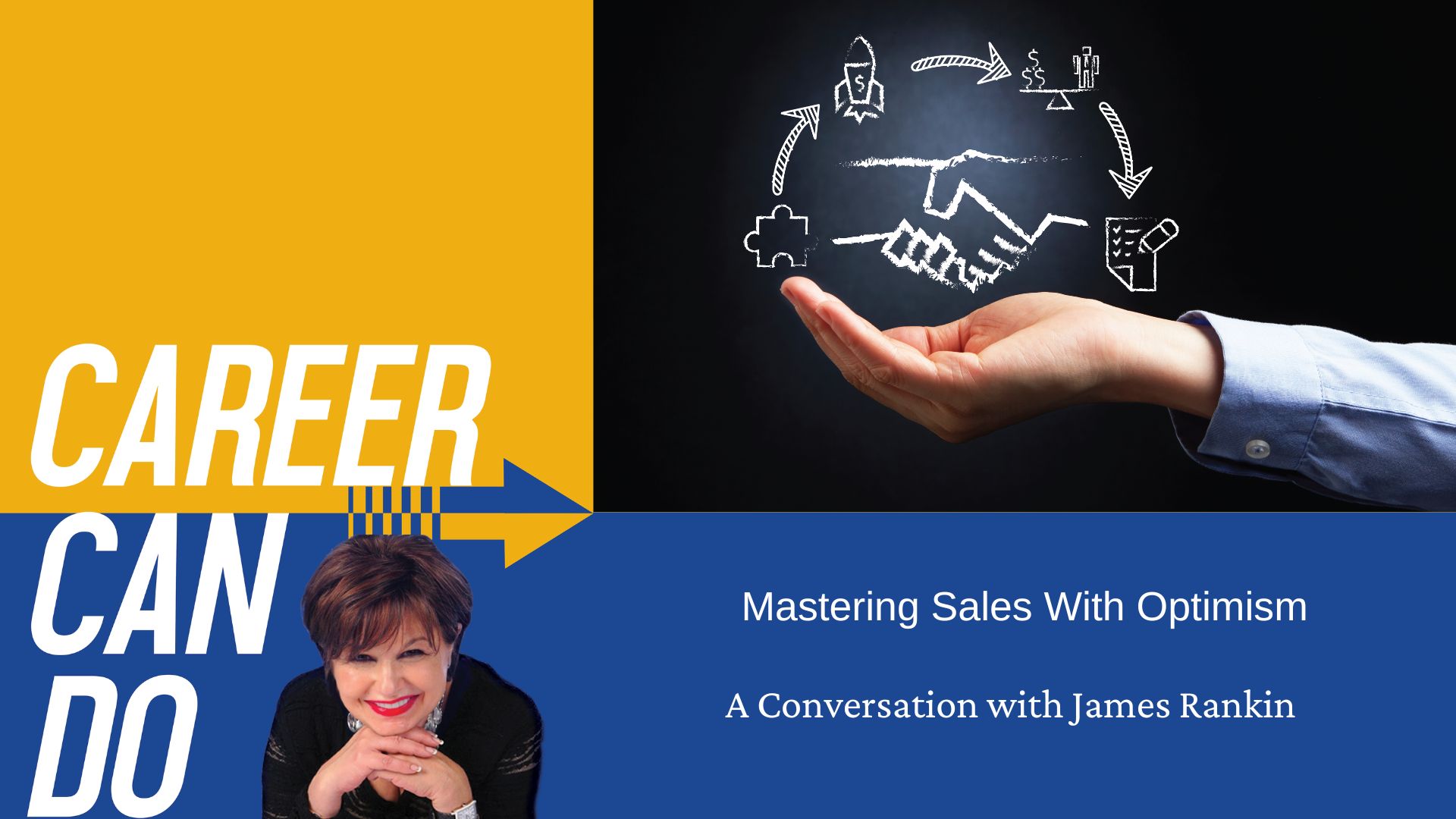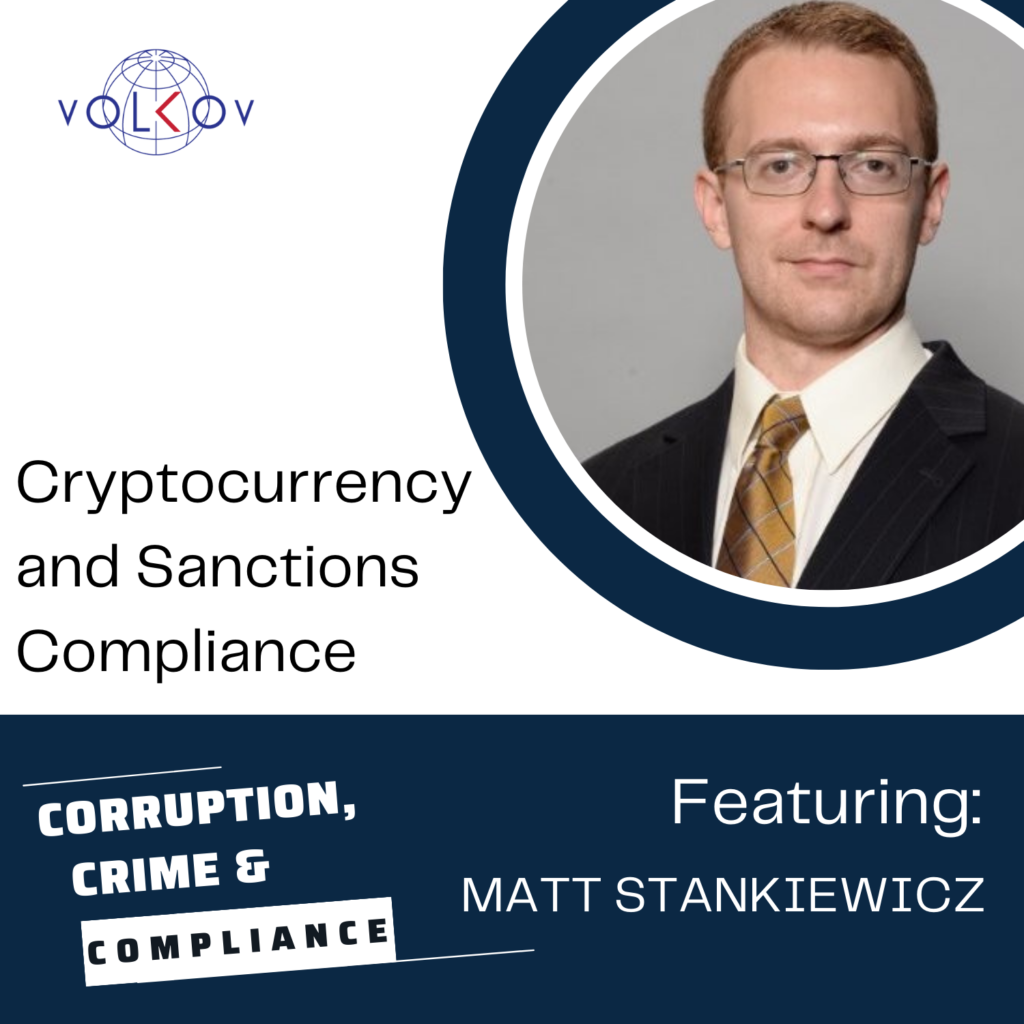What if you could multiply the impact and effectiveness of your compliance program throughout your company? That would be a great boon to any compliance practitioner and compliance program. It is also possible by considering a 360-degree view of communications in compliance using multipliers.
Liz Wiseman is the co-author with Greg McKeown of “Multipliers: How the Best Leaders Make Everyone Smarter,” a book about the various types of leaders. They focus on two different types of leaders, Diminishers and Multipliers. Multipliers are leaders who encourage their workers’ growth and creativity, while Diminishers hinder and otherwise keep their employees’ productivity at a minimum.
Now imagine applying this leadership technique as you are trying to operationalize your compliance program fully. If you take this approach of leading by asking questions, you not only guide the functional unit but you get greater buy-in to the entire concept and process as it becomes their process. The non-compliance team may design it and have ownership over it.
Wiseman concluded by challenging each of us to multiply our influence to make those we work with work even better. You can use these skills to operationalize your compliance program more fully. If you do so, you will not only fulfill the requirements of the DOJ, as laid out in the Evaluation, but you will integrate compliance into the DNA of your company by making it a part of how you conduct your business.
Three key takeaways:
- Multipliers are leaders who encourage growth and creativity from their workers.
- Diminishers hinder and otherwise keep their employees’ productivity at a minimum.
- Multiply the influence of the compliance function inside and outside the company in this manner.





